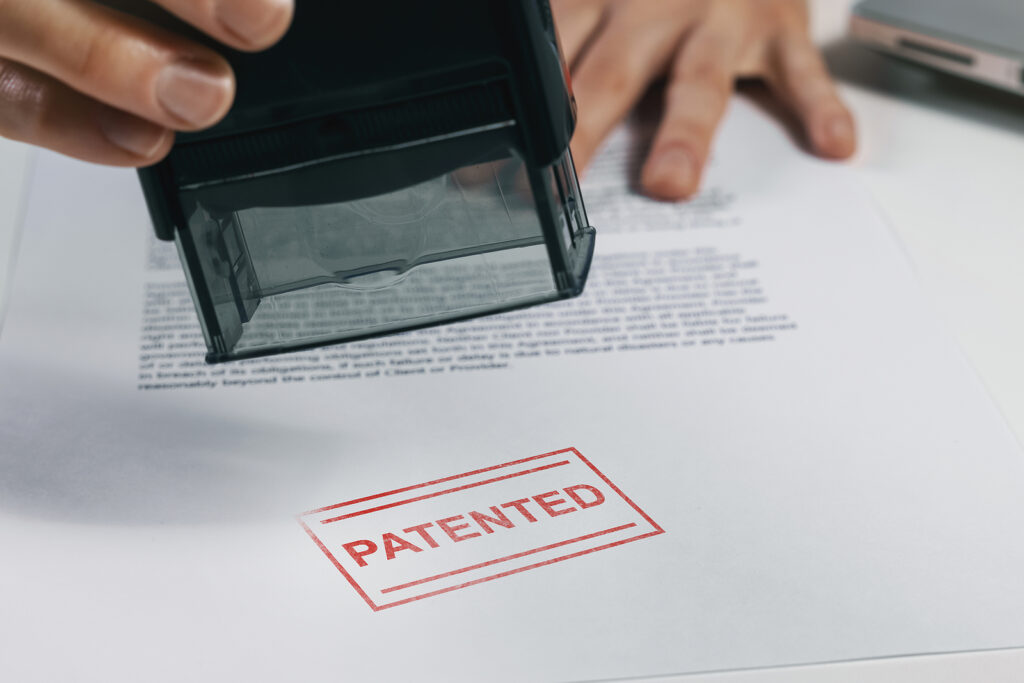Here at the Law Office of Vincent Miletti, Esq. and the home of the #UnusuallyMotivated movement, we take pride as a resilient and dependable legal services firm, providing such services in both a traditional and online, web-based environment. With mastered specialization in areas such as Employment and Labor Law, Intellectual Property (IP) (trademark, copyright, patent), Entertainment Law, and e-Commerce (Supply Chain, Distribution, Fulfillment, Standard Legal & Regulatory), we provide a range of legal services including, but not limited to traditional legal representation (litigation, mediation, arbitration, opinion letters, and advisory), non-litigated business legal representation and legal counsel, and unique, online legal services such as smart forms, mobile training, legal marketing, and development.
Still, here at Miletti Law®, we feel obligated to enlighten, educate, and create awareness, free of charge, about how these issues and many others affect our unusually motivated® readers and/or their businesses. Accordingly, to achieve this goal, we have committed ourselves to creating authoritative, trustworthy, & distinctive content. Usually, this content is featured as videos posted on our YouTube Channel https://www.youtube.com/channel/UCtvUryqkkMAJLwrLu2BBt6w and blogs that are published on our website WWW.MILETTILAW.COM. With that, the ball is in your court and you have an effortless obligation to subscribe to the channel and sign up for the Newsletter on the website, which encompasses the best way to ensure that you stay in the loop and feel the positive impact of the knowledge bombs that we drop here!
As the authoritative force in Employment Law, it only seemed right to introduce one of the many upcoming series in which we introduce a variety of topics that looks to educate and deliver in a manner that only Miletti Law® can. To that end, this blog is Part III of our new short series on “Key Legal and Drafting Issues for Non-disclosure Covenants/Agreements.” In Part II, we emphasized the importance of “Determining what Constitutes Confidential Information” as the first essential element that should feature in every non-disclosure agreement/confidentiality agreement. Regarding this element, we asserted that the confidential information requiring protection must always be stated explicitly in every non-disclosure agreement. While the secrets are not actually disclosed, the subject matter of the disclosure is established through a list of categories and types of confidential information.
To continue with this discussion, this blog and Part III of the series focuses on “Determining the Obligations of the Receiving Party,” which is another critical step and element of every confidential agreement between an employee and an employer.
Determining the Obligations of the Receiving Party
In our blog accessible at https://milettilaw.com/blog/f/the-inevitable-disclosure-doctrine-in-seeking-injunctive-relief, we mentioned that depending on factors such as their positions and roles in a company, employees are exposed to or receive confidential information from their employers in the course of employment. Based on such factors, the employer may find it necessary to prevent employees from using competitively valuable information even if they did not “misappropriate” it while departing, such as by way of sending it to their email accounts and/or downloading documents or file into an external hard drive or USB. One way of doing this is by way of asking them to sign a non-disclosure agreement.
Generally, a non-disclosure covenant requires any party that receives confidential information to confidentially maintain and hold such information and restrict its use only for the employer’s benefit and not for any other project/entity or the employee as an individual. In most states, the obligation of the parties receiving such information not to use improper means to induce others to acquire the information, not to induce others to breach it, or not to breach the confidential relationship.
However, in many jurisdictions, upon fearing that an employee may disclose confidential information (despite the lack of proof that the employee ever “took” it) after separation, employers are permitted to seek injunctive relief against such former employees by asserting the inevitable disclosure doctrine. To expand this protection and as a best practice, the language used in a confidentiality agreement should obligate the receiving parties not to conspire with another or attempt to violate their obligations (as opposed to penalizing only a successful disclosure or use) and prohibit them from engaging in unauthorized use (not merely unauthorized disclosure).
Importantly, it is advisable for the employer to require the receiving party to provide permission that the employer can send a copy to any new employer it might be aware or, as well as mandate the individual to send a copy of the confidentiality agreement to their subsequent employers (within the agreement’s time limit). From a legal perspective, doing this would serve as a defense to any claim that, by sending a copy of the agreement to a new employer, the employer engaged in tortious interference and provide a presumption that the new employer is aware of the agreement.
Stay on the lookout for Part IV of the series, in which we will hammer on “Determining if there is an Obligation for Company Materials to be Returned,” which is another critical step and element of every confidential agreement between an employee and an employer.
In the meantime, stay tuned for more legal guidance, training, and education in other series in progress. In the interim, if there are any questions or comments, please let us know at the Contact Us page!
Always rising above the bar,
Isaac T.,
Legal Writer & Author.
 Professional Legal & Business Services And Representation - English & Espanol!
Professional Legal & Business Services And Representation - English & Espanol!

 314-648-2586
314-648-2586 CALL US NOW
CALL US NOW







